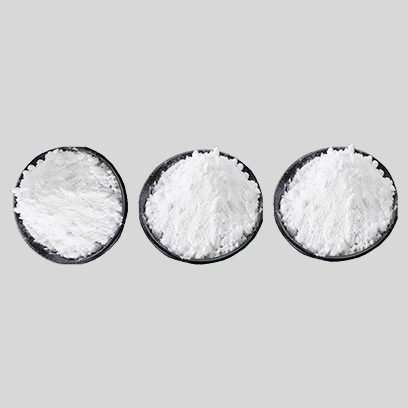A 2023 study published in the journal Particle and Fibre Toxicology set out to examine the impact of titanium dioxide nanoparticles in mice “on the course and prognosis of ulcerative colitis,” by creating an ulcerative colitis disease model. Researchers found that the titanium dioxide nanoparticles significantly increased the severity of colitis. They also “decreased the body weight, increased the disease activity index and colonic mucosa damage index scores, shortened the colonic length, increased the inflammatory infiltration in the colon.” Researchers concluded: “Oral intake of TiO2 nanoparticles could affect the course of acute colitis in exacerbating the development of ulcerative colitis, prolonging the ulcerative colitis course and inhibiting ulcerative colitis recovery.”
